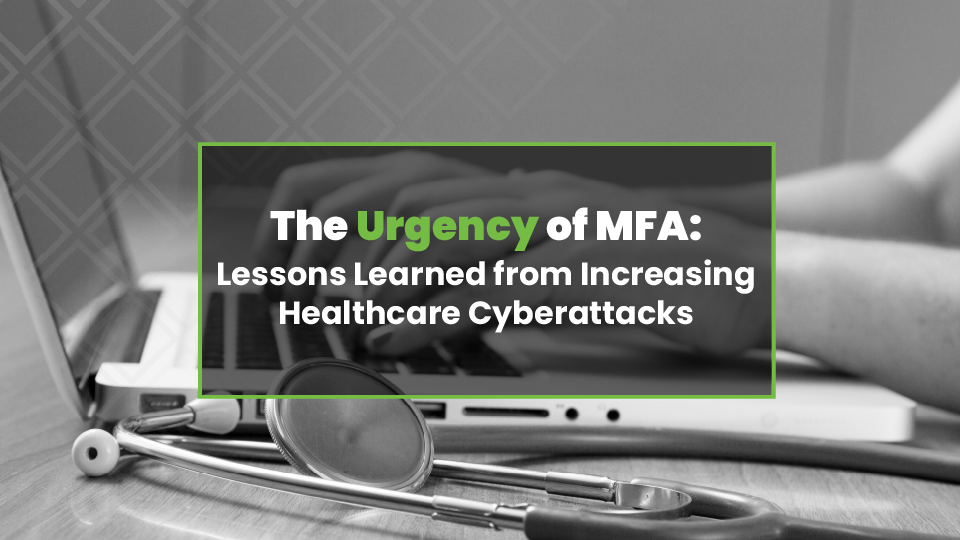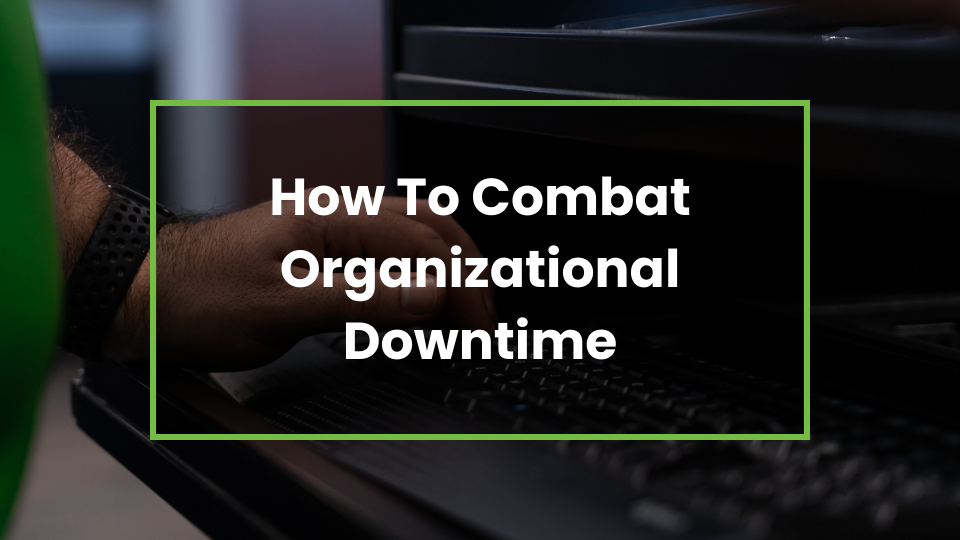The Urgency of MFA: Lessons from the Change Healthcare Cyberattack
Information released from the Change Healthcare ransomware attack in February 2024 reveals the absence of Multi-Factor Authentication on a...
Five Nines Team : Dec 30, 2025 11:00:00 AM
2 min read

You might be thinking to yourself, cyber insurance… is it really necessary?
Think about it this way - Cybercrime Magazine predicts that ransomware costs will reach $74 billion annually in 2026. According to Infoblox, between August and November 2025, over 7.6 million new threat-related domains were discovered, a 20 percent increase compared to the previous quarter.
Regardless, the internet has continued to become a large part of how organizations work and operate, and that trend is only going to increase as technology advances even further.
What will also continue to advance is the way cybercriminals try to attack businesses and exploit data online. For example, Symantec found the number of URLs resulting from malicious botnet traffic increased by 62.3% from 2016 to 2017, and the number of URLs resulting from phishing activity rose by 182.5% as well. While managed IT organizations and IT professionals will always do their best to set up IT infrastructures for success, technology will consistently evolve and change. In order to stay ahead of the curve, and have peace of mind, cyber insurance may be a practical investment for your organization.
Cyber insurance is a sub-category of general insurance that is meant to protect businesses and/or individuals against internet-based liability and risks. While general insurance may cover tangible aspects, it will not protect your organization's intangible information. Cyber insurance is typically broken up into 2 categories of coverage: first-party and third-party cyber liability coverage. The first-party coverage will take into account the direct losses to an organization, while third-party coverage will extend to claims taken by the organization's customers as well. Another way cyber insurance may cover your company is through a method called incident response, where your organization could receive support via legal services, public relations services, forensics, and much more. Coverage will look different for everyone, it will all depend on your organization as well as your provider, but a huge area of coverage for business is typically loss caused by a data or security breach. Cyber insurance may also cover trademark liability, business interruption caused by a data breach, restoration efforts, etc.
Whenever there is a data breach, data isn't just compromised, organizations will almost immediately lose money as well. There will be legal fees and costs associated with the breach, as well as organizational downtime, forensic investigations, recovery costs, etc. The point of cyber insurance is to save your organization from all of those unforeseen costs if you are ever put in that position.
It's clear that investing in cyber insurance has the potential to save you money and the cost of negative impacts.
According to Fortune Business Insights, the global cyber insurance market size was valued at USD 26.25 billion in 2025 and is expected to grow from USD 33.05 billion in 2026 to USD 223.47 billion by 2034, which shows that cyber insurance is becoming a standard component when it comes to organizations executing cybersecurity strategies. While cyber insurance is NOT a replacement for additional cybersecurity efforts, it will provide you peace of mind knowing you wont be left with piles and piles of costs trying to restore your business if you were to ever fall victim to an attack. It's all about asking yourself if you would rather know you are supported and covered in the event of a cyber attack, or if you would rather take the risk and deal with the costs later on if your business was ever impacted.
The right cybersecurity efforts will protect you, the right cyber insurance will give you peace of mind, but it is all about focusing on what solutions will best support your business. Don't overlook the rising statistics that reflect cyberattacks and data breaches each year, take time to map out solutions that will protect and reinforce your organization and your IT environment.

Information released from the Change Healthcare ransomware attack in February 2024 reveals the absence of Multi-Factor Authentication on a...

When it comes to workplace technology, the possibility of downtime is very real and has lasting impacts on organizations who experience it. Downtime...

It's a harsh reality for most small and mid-sized businesses, but it's the truth. You simply don’t have the resources to stop well-funded,...